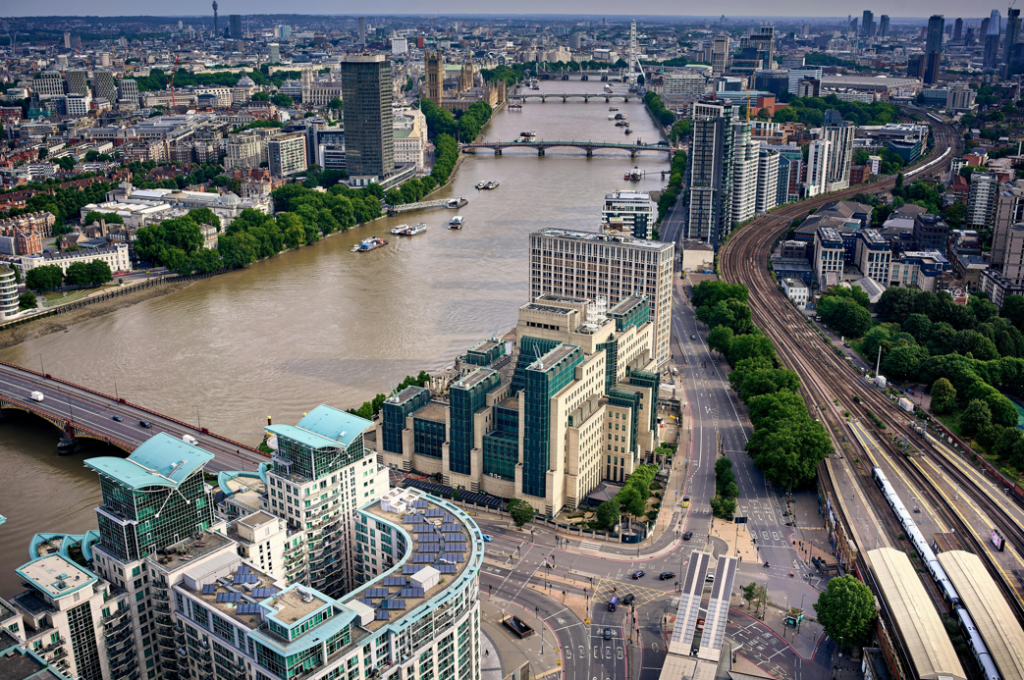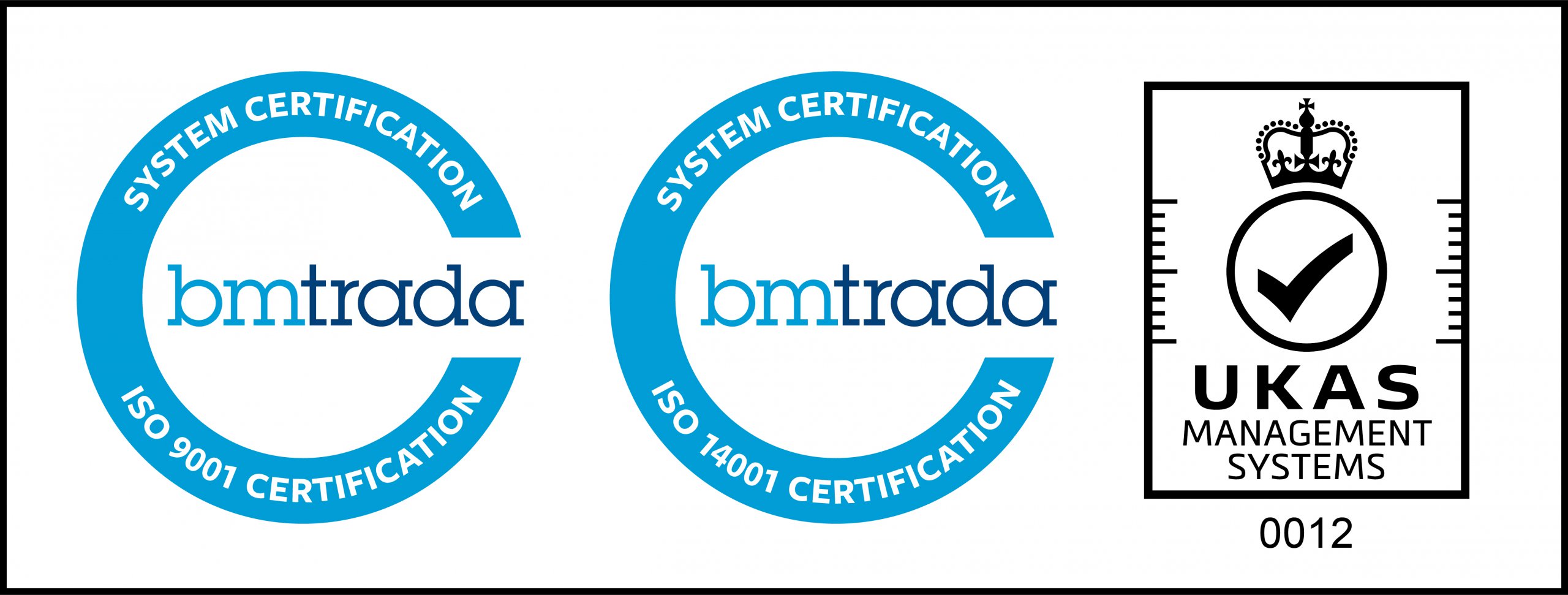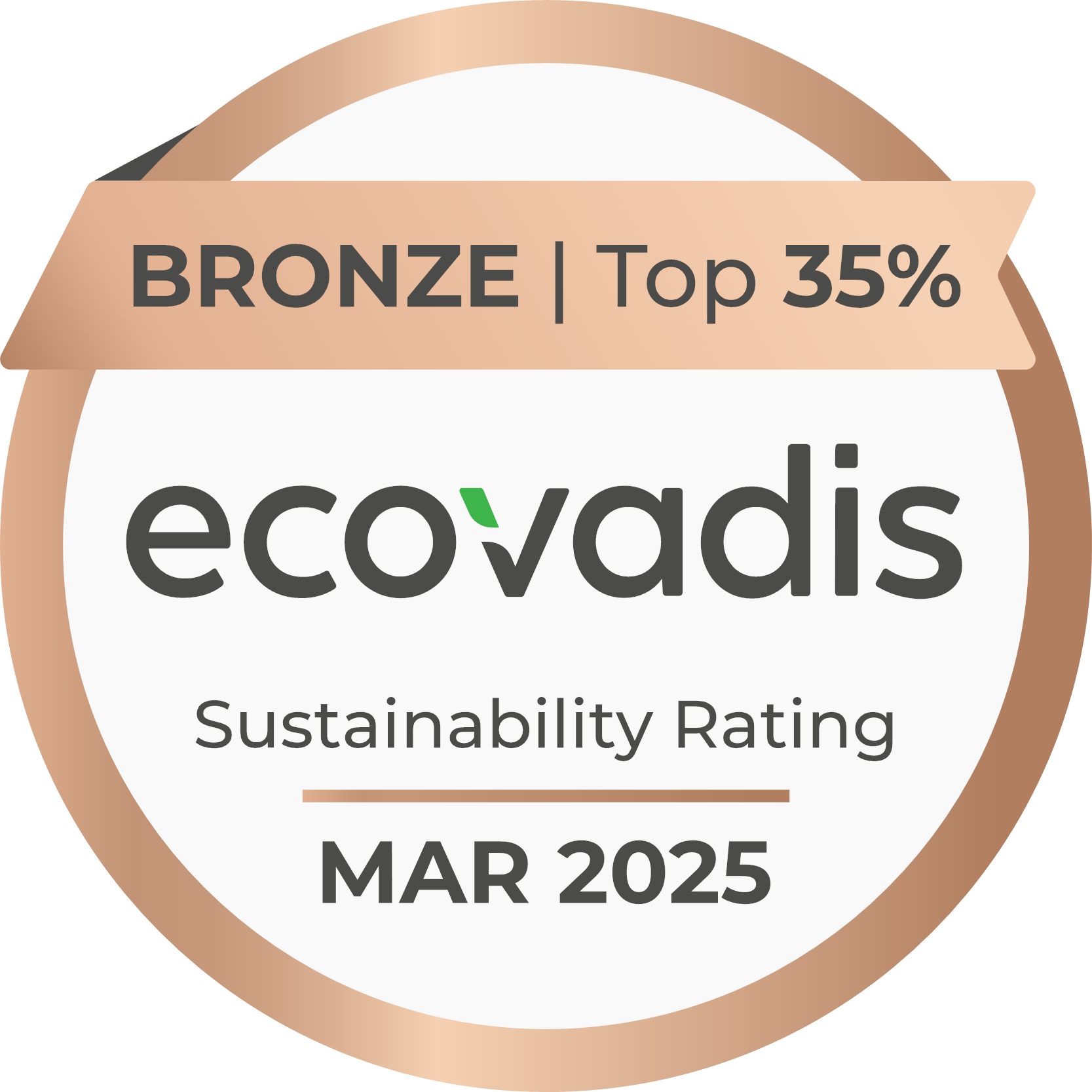The UK Government has confirmed that climate and sustainability education will be embedded throughout the national curriculum in England.
The move comes in response to the Curriculum and Assessment Review led by Professor Becky Francis.
Commissioned in July 2024, the review examined how well the current curriculum prepares pupils for the demands of an evolving, modern workforce.
Following the review’s findings, the Department for Education (DfE) announced that both primary and secondary curricula will undergo reform, with climate literacy, sustainability and green skills placed at the forefront.
Stronger Emphasis on Climate Literacy
At present, climate change receives only brief mention within the Science curriculum, and it is not clearly articulated in Geography or Design and Technology (D&T).
The review stressed that this limited visibility restricts schools’ ability to provide a meaningful climate education framework.
The report pointed out that young people “consistently express a desire for more learning in this area,” adding that climate education is increasingly vital for the UK economy and for building a workforce capable of supporting the transition to greener industries.
Dr Adam Read MBE, Chief Sustainability and External Affairs Officer at Suez UK, welcomed the shift: “Knowledge of sustainability, resource use, and the environmental challenges ahead is no longer optional. These are essential life skills for the next generation of workers, creators and consumers.”
Subjects to Embed Circular Principles
The review found that references to climate science in the current Science curriculum are sparse and, in some cases, outdated.
Planned updates will ensure pupils gain a clearer grasp of the scientific foundations of climate change, global mitigation efforts and the contributions of science to sustainable practices.
Climate content will be woven more consistently through biology, chemistry and physics, creating a joined-up approach that underlines the relationship between scientific fields and environmental systems.
The review also highlighted “significant gaps” in the way climate change is addressed in the Geography curriculum, recommending that sustainability and climate themes be directly embedded throughout physical geography, human geography and applied geographical skills.
The subject’s purpose of study will also be revised to explicitly reference climate change.
The third subject to integrate more circular principles is D&T.
The review pointed out that current guidance makes no explicit mention of sustainability or the principles of a circular economy.
To address this, it recommended that sustainability and circular design thinking be embedded throughout all key stages.
This includes teaching pupils how to make informed decisions about materials, and introducing concepts of social responsibility, inclusive design and product lifecycle thinking at an early stage.
The Chartered Institution of Wastes Management (CIWM) supported the proposals: “We particularly welcome the enhanced role of Design & Technology in developing understanding of circular design, reparability and product lifecycles.
“This is a significant opportunity to equip young people with the mindset and capabilities needed for future careers in the green and resource sectors.”
















